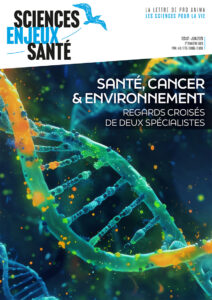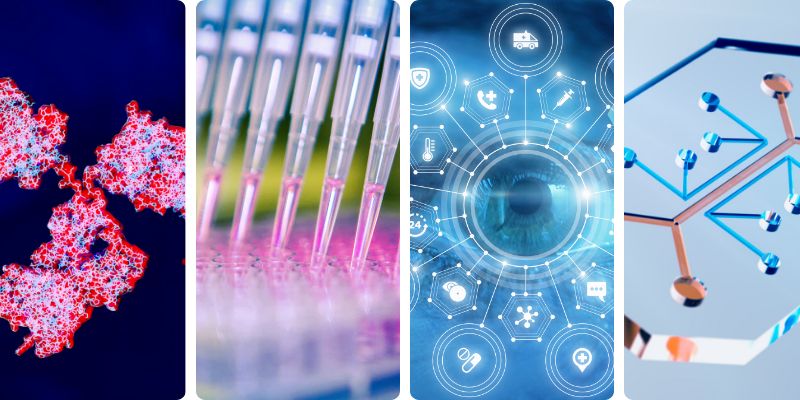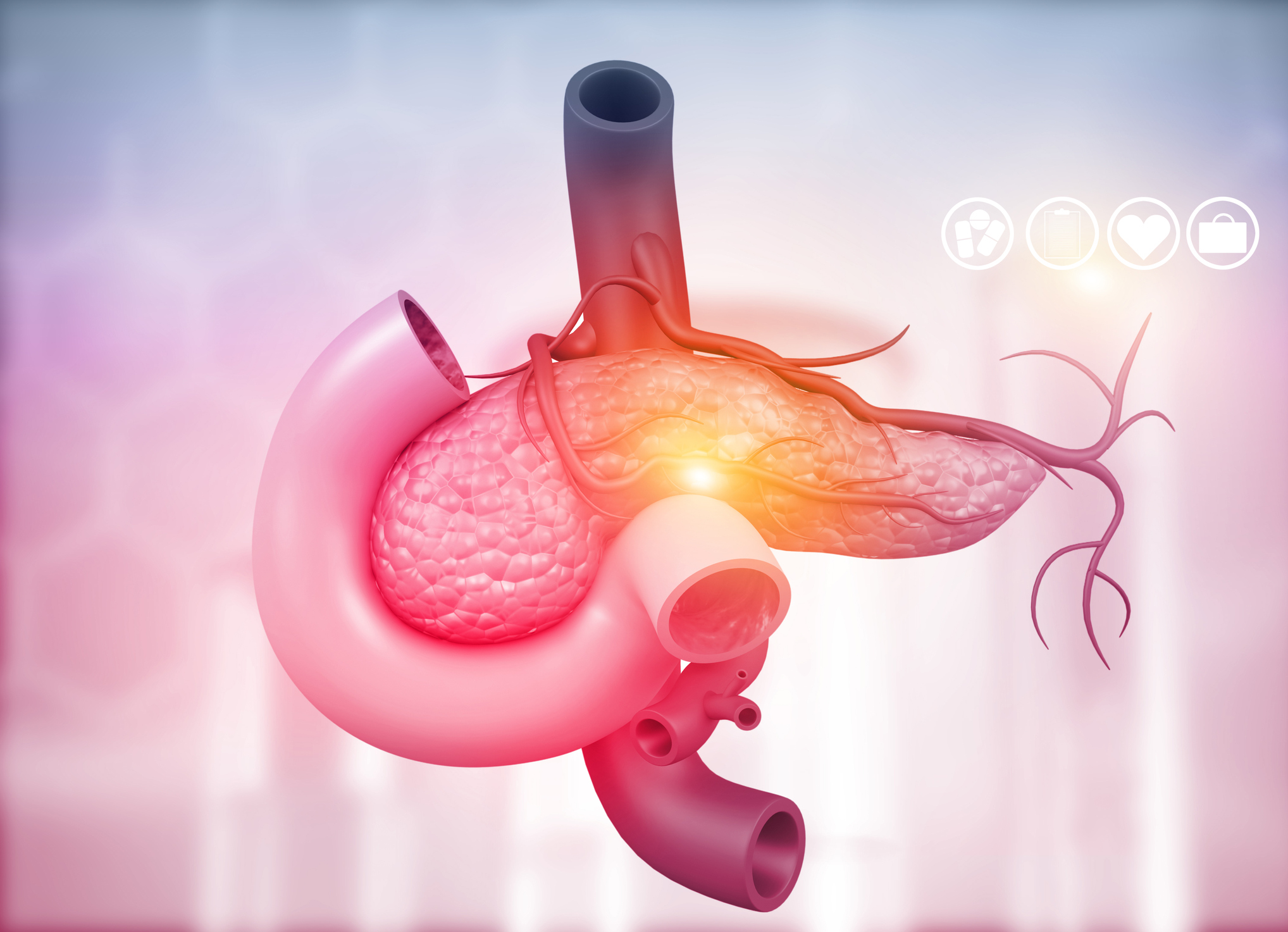
Dr Julien Marie & Sophie Léon — Use of the patient’s tumor
Winners of the DVES 2023 Prize - Development and Applicability category
SES108 — March 2023Julien Marie, Doctor in immuno-virology and expert in immunology and cancer, Inserm CNRS researcher at the Lyon Cancer Research Center, and Sophie Léon, specialist in the field of cancer histology and operational manager of the ex vivo platform of Léon Bérard hospital center and the CRCL use the patient’s living tumor to fight against cancer, particularly those caused by misdiagnoses.
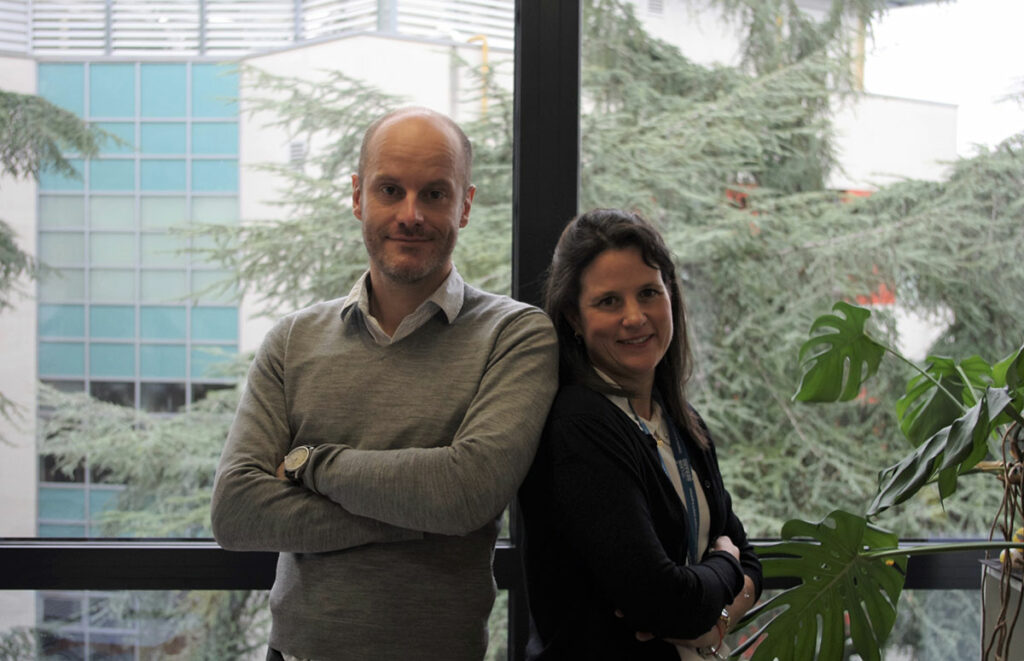
Crédit image : Comité Pro Anima – Brett Walsh Photography – Dr Julien Marie et Sophie Léon
Pro Anima Committee : The Pro Anima Scientific Committee and the Descroix-Vernier Foundation were absolutely delighted to award you the 2023 Descroix-Vernier EthicScience Prize in the Development and Applicability category for your project “Use of the patient’s tumor Innovative Development and application of ‘an alternative method to animals in cancer research’.
Could you present in a few words, for our readers, your project, its particularities, the objectives and results (in terms of and/or application) that you expect and within what time frame ?
Julien Marie : Our project is based on a new technological approach, which allows us to work directly from patient tumors. This method involves close collaboration between the surgical services of the Léon BERARD hospital center and the research activity of the Lyon Cancer Research Center (CRCL). After surgery and anapathological analyzes of the tumor, if the patient has given his consent, the surgical part is transmitted within two hours to the CRCL’s Ex vivo platform. There, the living tumor is then embedded in a special gel and is cut into thick slices that maintain tissue integrity. On average 10 slices are made per tumor. On each slice, we can apply a drug or a dose of drug, and watch their effects a few days later on the tumor cells that remain alive. This approach places the patient at the very heart of research. It creates true solidarity in which the patient, who has agreed to donate his tumor, contributes to research and the improvement of treatments.
PA : What phase of your research the Prize will boost ?
JM : The technological approach that we have developed within the CRCL and the Léon BERARD hospital center is today applicable to cancers : breast, larynx, ovary, lung, colon and melanoma. The Descroix-Vernier EthicScience 2023 prize will be dedicated to the technological development of our alternative method to animals in research against pancreatic cancer. This choice is justified by the growing incidence of this pathology against which today the medical profession has few effective treatments. Each type of tumor requires an adaptation of our method depending on the nature of the tissue in particular. The pancreas presents certain histological complexities and the presence of enzymes, which require us to rethink our protocol for this type of pathology.
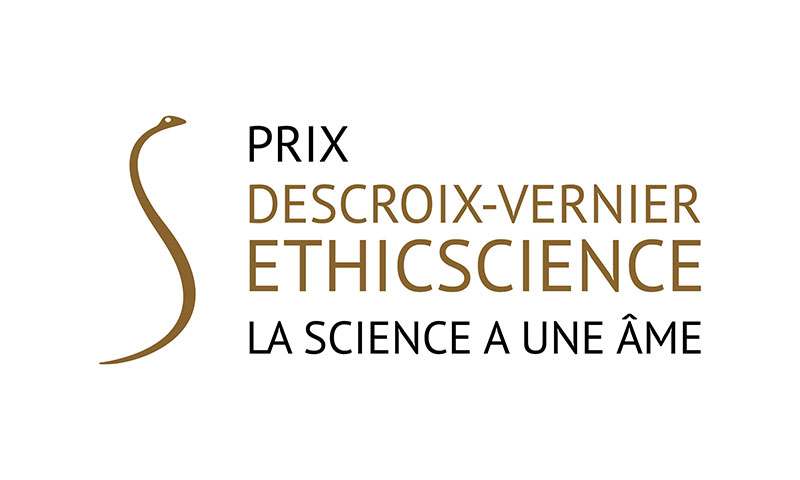
PA : The determining condition of the Descroix-Vernier EthicScience Prize is to promote and reward programs other than animal models. What were your motivations, the reasons that pushed you to work using methods that replace animal experimentation ?
JM : In many studies, spectacular drug effects are observed in animals, but once transferred to humans the action of these promising drugs is often modest, or even non-existent. Furthermore, cancer researchers now know that we must no longer consider the tumor as a simple mass of cancer cells, but as a set of cells in our body, cancerous and non-cancerous, which interact together. Thus, working directly on the patient’s tumor while maintaining the integrity of the tissues that characterize it appeared to us to be a reasoned scientific choice.
PA : In what research context (French, European, international) does your program fit ? What are the challenges of your project ?
JM : This technological approach is currently essentially limited to Lyon, but we have started discussions with other major cancer research centers in Ile de France and Paris who are very keen to develop it. We established collaborations with American pharmaceutical companies who quickly understood the advantages of the method. Our objective is for this approach to be shared by as many people as possible, in France but also abroad, in order to reduce the number of animals used to analyze the effects of drugs against cancer. To do this, it must be applicable to a very large number of cancers and in particular to cancers for which there is currently no effective treatment, such as pancreatic cancer.
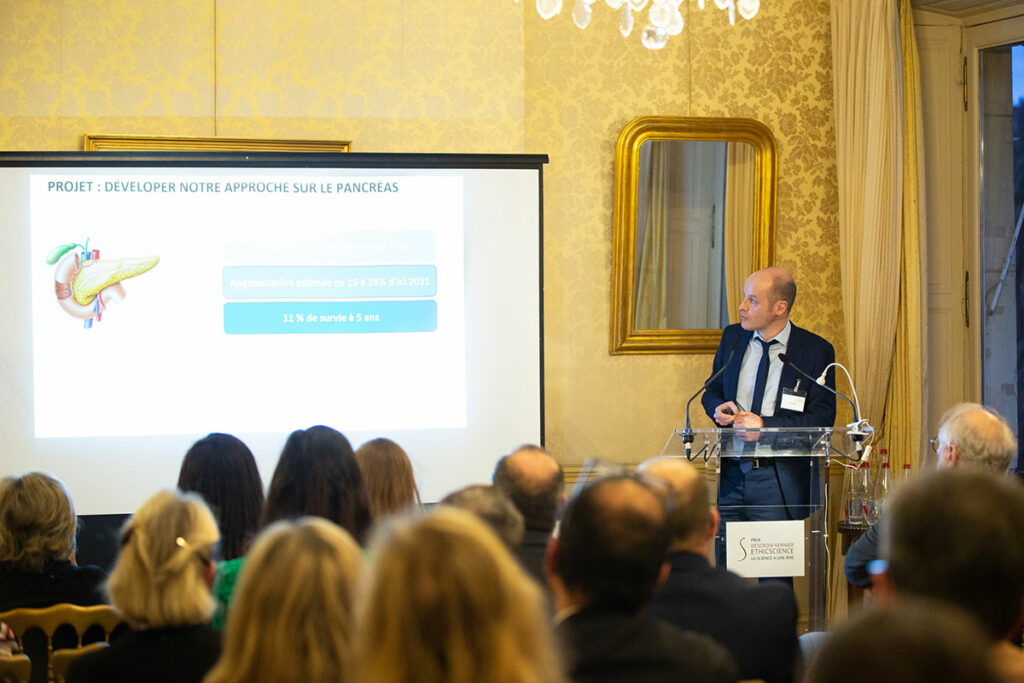
Image credit : Pro Anima Committee – Brett Walsh Photography – Dr Julien Marie and Sophie Léon

